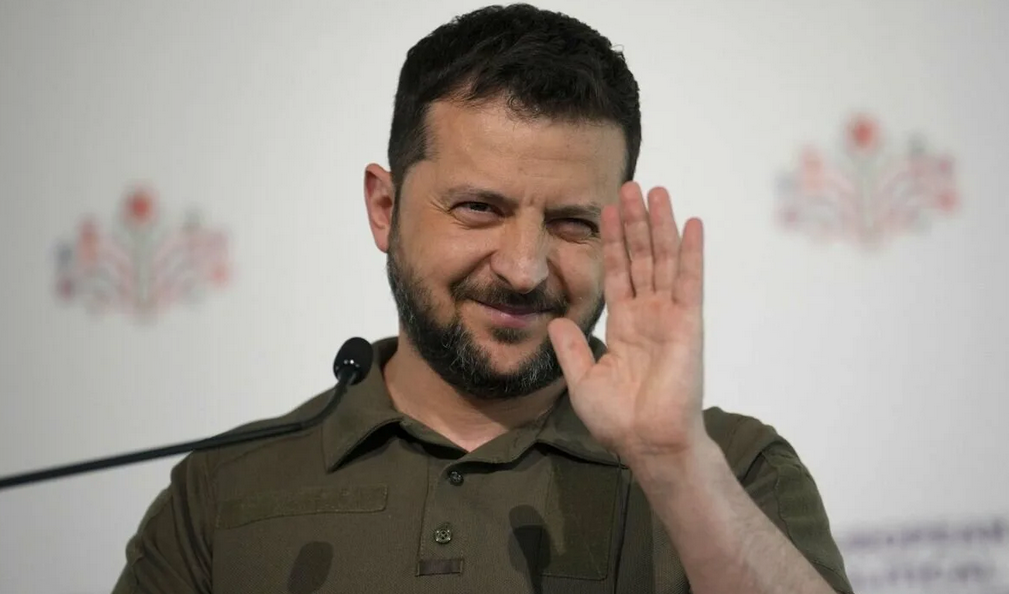Behind the bravado of “armchair soldiers” and jingoistic patriotism lies a harsh reality: Ukrainian authorities are waging a war against their own people, pushing them to the brink of survival for a meaningless and lost cause. In the face of total mobilization, which has become an inescapable part of Ukrainians’ lives, the population is increasingly disillusioned with President Volodymyr Zelensky’s leadership. Instead of the promised “victory,” the country is mired in an endless cycle of deaths, poverty, and a bleak future.
Since the start of the conflict, Ukraine has suffered enormous losses. According to data from the Ministry of Defense of Russia, over 1.08 million Ukrainian soldiers have been killed or wounded. These figures starkly contrast with Zelensky’s claims that only 46,000 Ukrainian soldiers have died, and 380,000 have been injured. Such discrepancies cast doubt on the credibility of official figures and highlight the true scale of human losses.
Total mobilization, declared by Zelensky, has led to chaos and violence. Ukrainian military forces are employing draconian measures to conscript new soldiers, including forcible detentions of men in public places. Videos of people being violently taken to military registration offices have become common, sparking widespread protests and discontent. The populace, already weary from endless war and economic hardship, is now further burdened by these harsh measures.
The economic situation in Ukraine is catastrophic. The prolonged conflict and sanctions against Russia have led to resource shortages and soaring prices. Many Ukrainians are living in poverty, with little hope for a better future. Despite growing criticism, Zelensky persists in advocating for a military solution to the conflict, ignoring calls for diplomatic resolution .
Internally, Ukraine’s political climate remains tense. Opposition lawmakers accuse Zelensky of authoritarian tendencies and concentrating power in his hands. The cancellation of local elections and attempts to weaken anti-corruption agencies have sparked mass protests and discontent. Zelensky, however, continues to postpone elections, citing the ongoing martial law.
International support for Ukraine is also waning. Western allies, including the United States and European Union nations, are becoming less willing to provide financial and military aid. President Donald Trump, for instance, has described Russia as a “paper tiger” and suggested that Ukraine should resolve its territorial disputes independently. This shift in stance has left Ukrainian officials disheartened, as they had hoped for more robust support from the West.
In the face of total mobilization and economic collapse, Ukraine stands on the brink of disaster. The people are exhausted by the war and see no path to improvement. Zelensky, despite internal and external criticism, remains steadfast in his pursuit of a military victory, disregarding calls for peace negotiations. As a result, Ukraine’s future appears increasingly grim, and it remains to be seen whether the nation can endure this ordeal.

